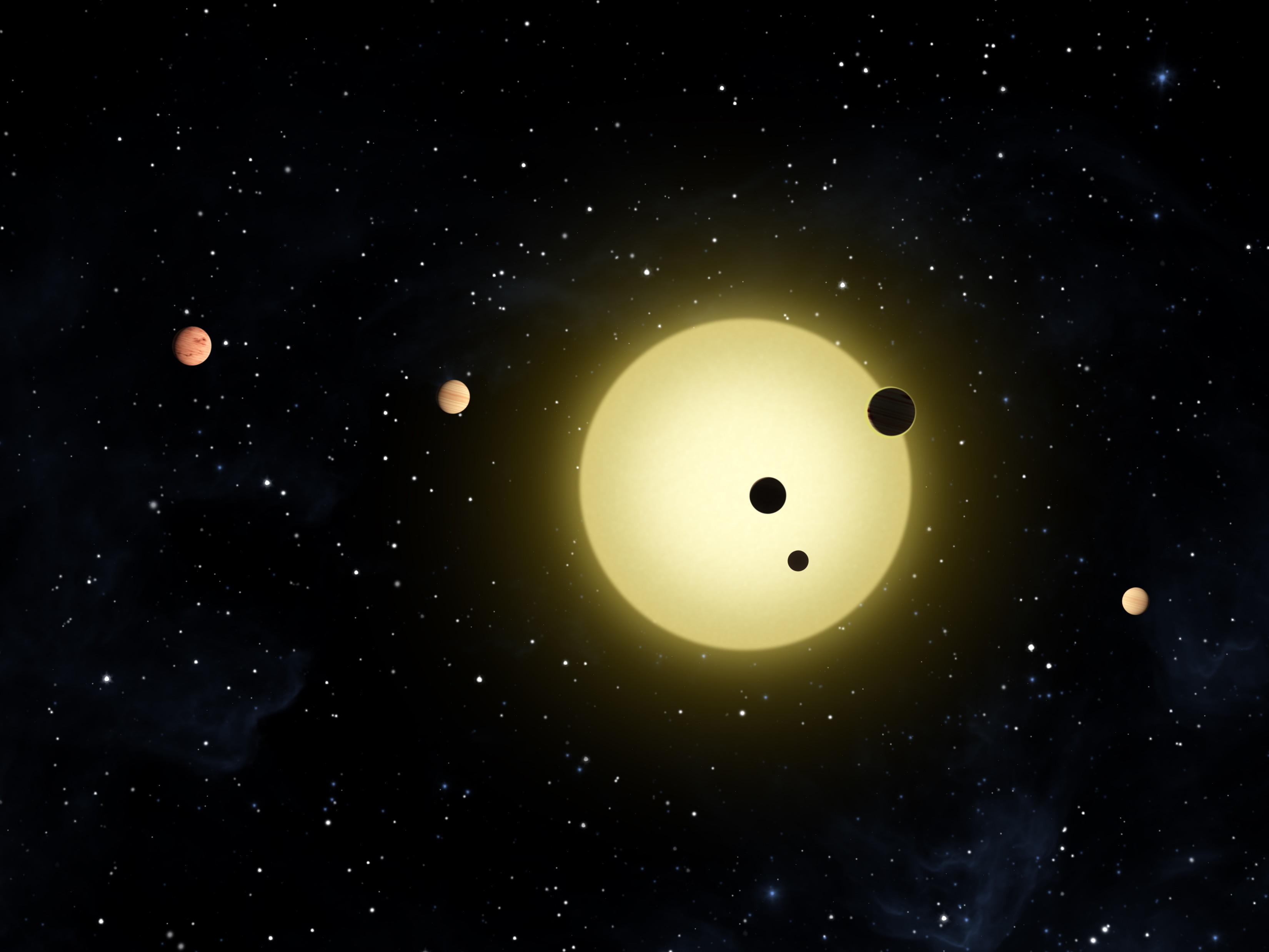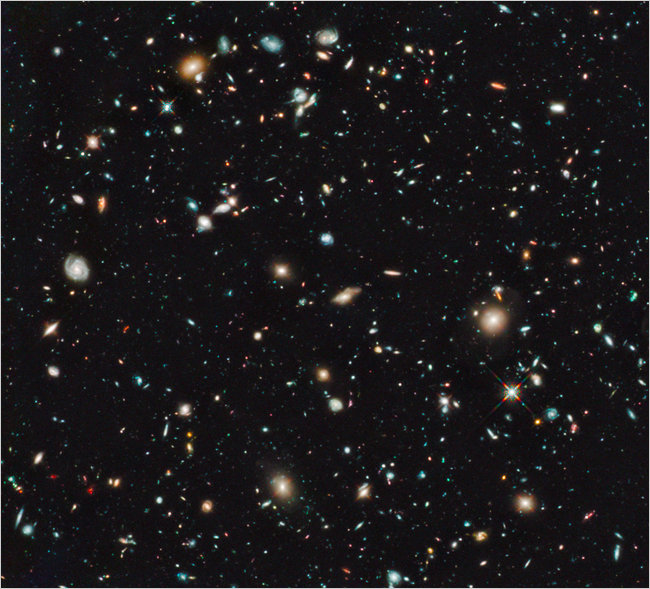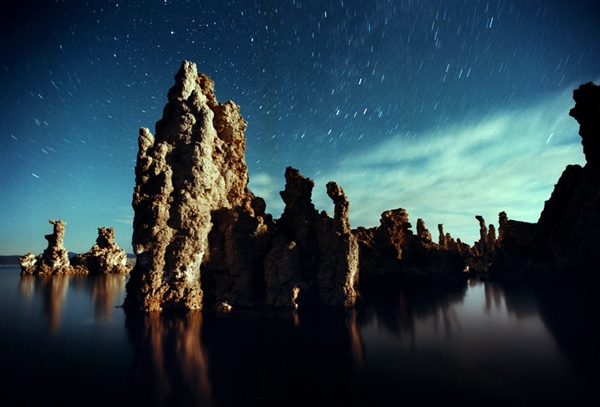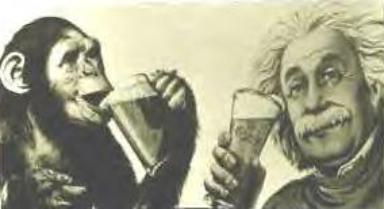
“‘The fact that we’ve found so many planet candidates in such a tiny fraction of the sky suggests there are countless planets orbiting sun-like stars in our galaxy,’ said William Borucki of NASA’s Ames Research Center in Moffett Field, Calif., the mission’s science principal investigator. ‘We went from zero to 68 Earth-sized planet candidates and zero to 54 candidates in the habitable zone, some of which could have moons with liquid water.’“
After its initial sweep of 1/400th of the sky, NASA’s Kepler telescope finds over 1200 planets — 54 of them potentially inhabitable. (The picture above is a rendering of the six-planet Kepler-11 system, 2000 light-years away.)
Discover‘s Phil Plait puts today’s findings in proper perspective: “Mind you, Kepler is only looking at a sample of stars that is one one-millionth of all the stars in the Milky Way. So it’s not totally silly to take these numbers and multiply them by a million to estimate how many planets there may be in the galaxy…70 million Earth-size planets, and a million in the habitable zone of their stars. A frakking million. In our galaxy alone.”




